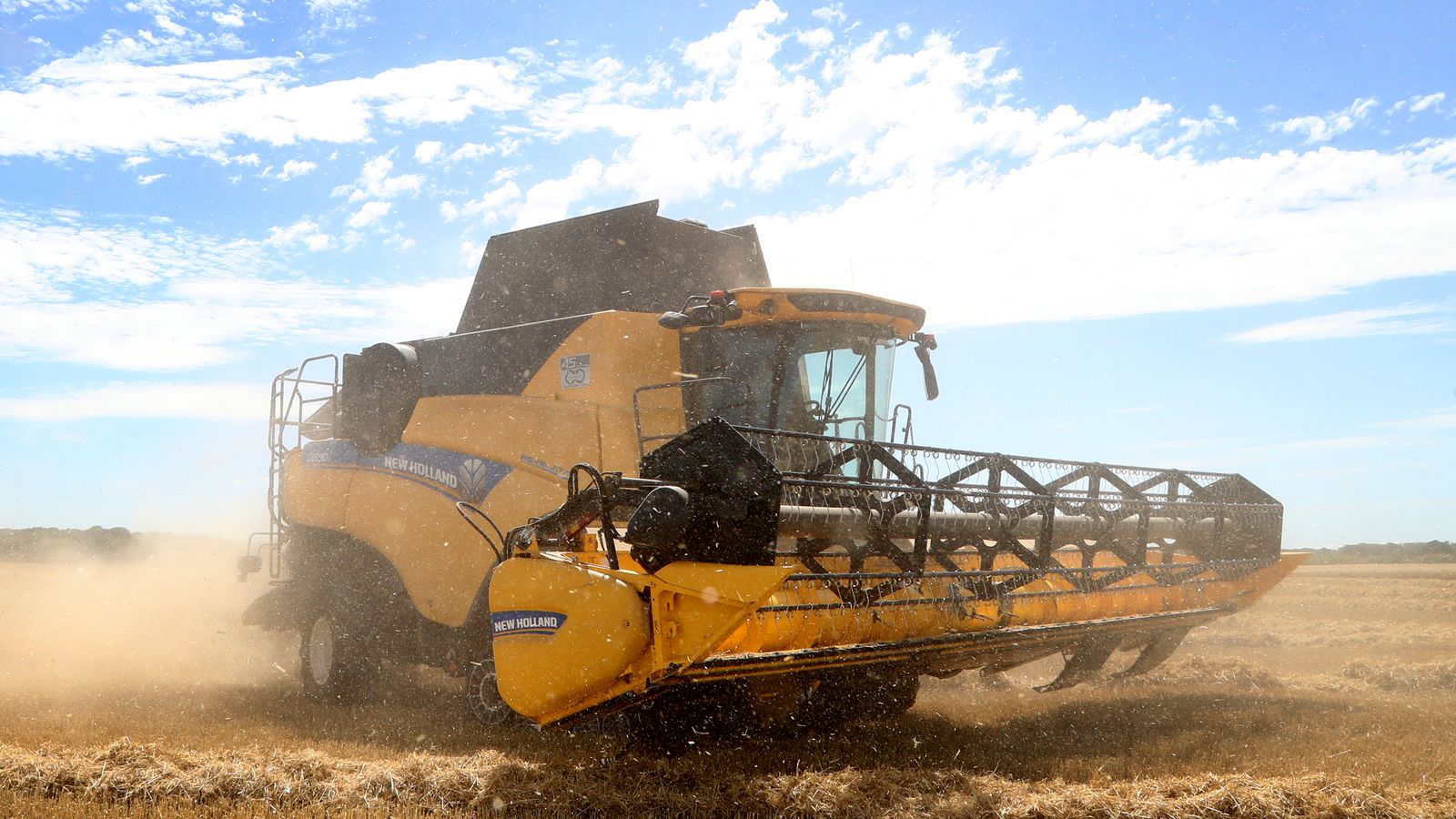9 hours ago
What would it be like to meet one of our closest human relatives from 75,000 years ago in the flesh?
Scientists have produced a remarkable reconstruction of what a Neanderthal woman would have looked like when she was alive.
It is based on the flattened, shattered remains of a skull whose bones were so soft when excavated they had the consistency of "a well-dunked biscuit".
Researchers first had to strengthen the fragments before reassembling them.
Expert palaeoartists then created the 3D model.
https://www.bbc.co.uk/news/science-environment-68922877

Image source, BBC Studios/Jamie Simonds
